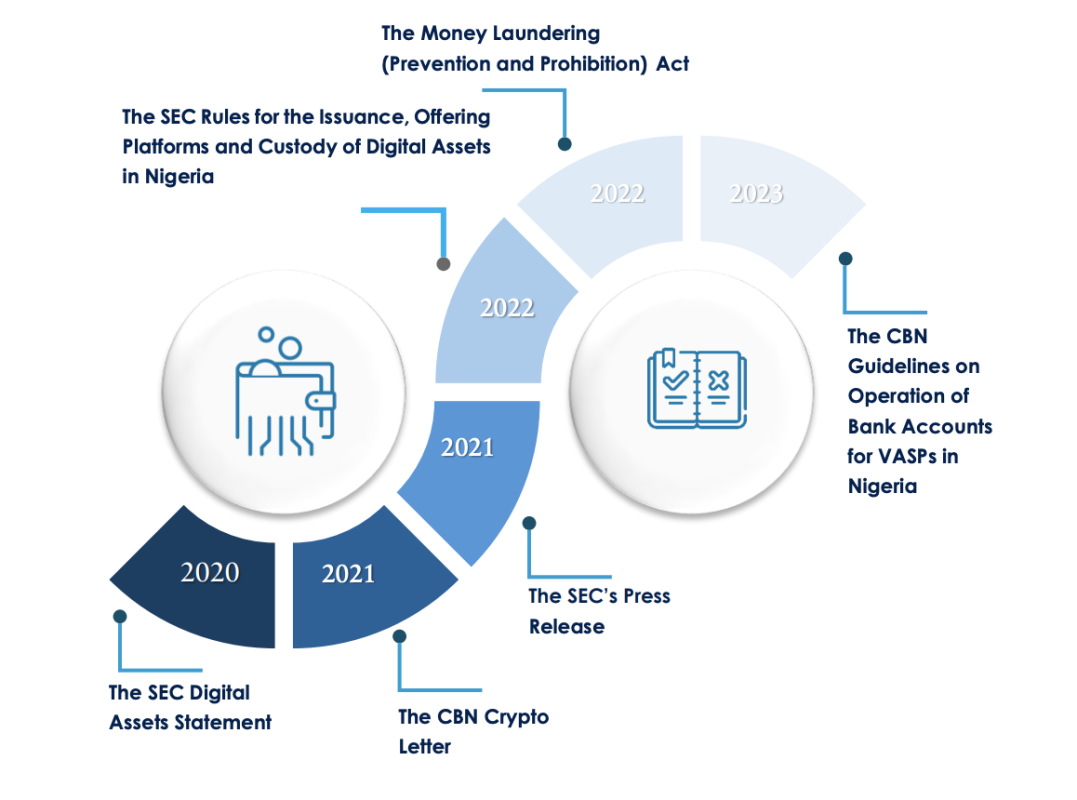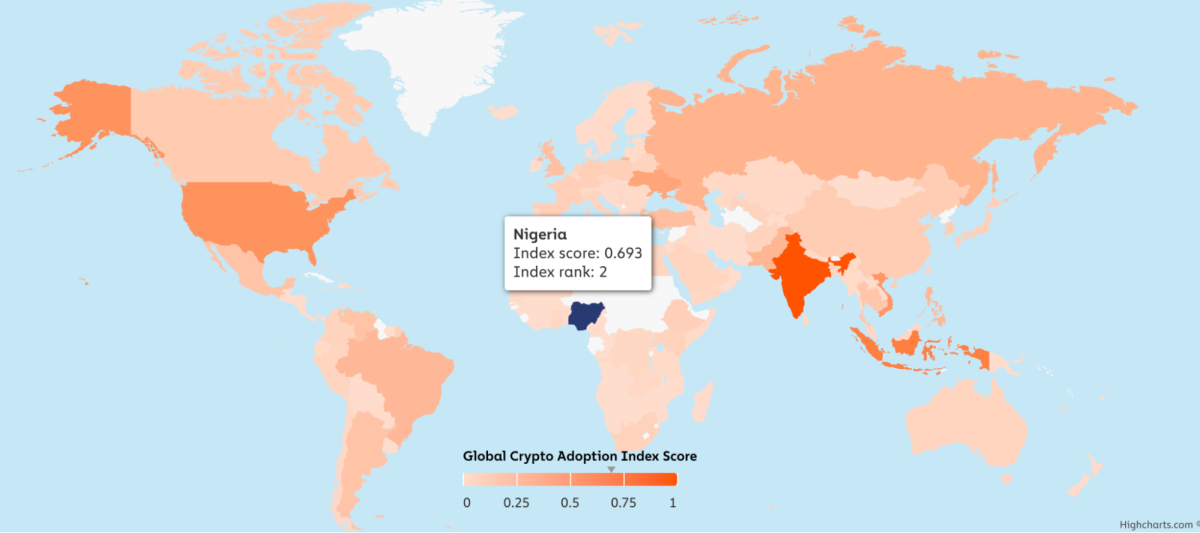The ascent of Bitcoin and digital belongings has sparked a classic battle, with governments performing as vigilant hawks, making an strive to shield watch over a technology that is as nimble and elusive as a gazelle darting at some level of the savanna of decentralization. In Nigeria, this battle is as tangled as dense jungle foliage, where regulators try to put into effect their options on a machine supposed to evade frail constraints, while contributors proceed to pursue the elusive prize of business freedom simply out of rob. The Central Monetary institution of Nigeria (CBN) has oscillated between hardline approaches and cautious acceptance, exemplified by its 2021 directive banning banks from facilitating Bitcoin transactions. But, simply a few years later, the same CBN approved the open of a Naira-backed stablecoin, signaling a rising recognition of the inevitable role digital currencies will play in the plan in which ahead for finance. Then all every other time, these regulations, rather than shielding Nigerians, include time and all every other time undermined the rights of residents to freely rob half in the financial revolution that Bitcoin offers. This culminated in a present courtroom case brought by James Otudor, an ardent Bitcoin advocate, who has sued the Nigerian authorities, looking out out for to place the fundamental appropriate of residents to replace and have faith Bitcoin and USDt. The case shines a spotlight on the larger narrate of human rights being trampled upon in the title of regulatory oversight. It’s no longer nearly about financial innovation, it’s about guaranteeing that Nigerians are no longer excluded from the advantages of a world financial system extra and further driven by decentralized applied sciences.

All thru Africa, the regulatory panorama for Bitcoin and digital belongings is formed by two competing paradigms: collaboration and battle of words. Nigeria’s Securities and Replace Commission (SEC) has taken some steps against a collaborative mannequin, as considered in the open of its Regulatory Incubation Program aimed at fostering innovation while maintaining oversight. But, even within this supposedly revolutionary framework, the greatest of Nigerians to freely have faith and transact in Bitcoin remains below threat. Most up-to-date actions, fair just like the freezing of belongings linked to the Bybit and KuCoin exchanges, illustrate how deeply entrenched authorities shield watch over remains. In other African countries, fair like Ghana and Kenya, the same dynamics are having fun with out, with governments hesitating to fully embody decentralized currencies, no topic obvious public question. The Nigerian SEC’s approval of two cryptocurrency exchanges in 2024 represents a explicit step, nonetheless this piecemeal approach fails to take care of the larger narrate of business sovereignty for Nigerians. South Africa has taken a rather extra balanced route, regulating Bitcoin and digital belongings as financial belongings while pondering bigger integration into the light financial ecosystem. Nonetheless, these approaches, while varied, all level to the same fundamental narrate: the inability of a transparent framework that respects the unfamiliar nature of Bitcoin and its doable to remodel economies and empower residents.
As Nigerian regulators grapple with shield watch over this burgeoning industry, they need to acknowledge that Bitcoin’s regulatory panorama can no longer be lumped alongside with the final digital belongings ecosystem. Bitcoin operates on primarily reasonably loads of options, with decentralization at its core, no longer like many other digital belongings that will nonetheless rely on centralized shield watch over or governance. Any try and impose blanket regulations on all digital belongings, together with Bitcoin, would be a catastrophic misstep, one which dangers stifling innovation and depriving Nigerians of the opportunity to fully rob half in the worldwide financial system. Regulators must, therefore, approach Bitcoin with a undeniable notion of its intrinsic operational metrics. Its decentralized nature is no longer a flaw to be regulated out of existence nonetheless a feature that offers unprecedented alternatives for financial inclusion and financial freedom. Policymakers need to be taught from global examples, fair like Europe’s MiCA framework, nonetheless adapt those lessons to the utter context of Bitcoin, guaranteeing that they fabricate no longer impose unnecessarily restrictive regulations. The failure to point out apart Bitcoin from other digital belongings in the regulatory activity would result in inefficiency, stifle innovation, and possibility pushing official actions into the shadows. James Otudor’s courtroom case stands as a pivotal moment, no longer simply for Nigeria nonetheless for the final continent, as it seeks to be certain that financial regulations are crafted with a admire for human rights and an notion of the transformative vitality of decentralized finance.

The manner ahead for Nigeria is evident: regulators must craft policies that offer protection to residents while encouraging innovation, they generally must fabricate so with the notion that Bitcoin is mainly reasonably loads of from other digital belongings. The present regulatory push, if no longer fastidiously balanced, dangers turning right into a instrument of oppression rather than empowerment. By animated with the Bitcoin neighborhood and developing a nuanced plan to law, Nigeria can region itself as a gallop-setter in the worldwide financial revolution. Something less would be a disservice to the thousands and thousands of Nigerians who include already embraced this fresh paradigm and a betrayal of the beliefs of freedom and innovation that Bitcoin represents.
Right here’s a guest put up by Heritage Falodun. Opinions expressed are entirely their have faith and fabricate no longer necessarily think those of BTC Inc or Bitcoin Journal.

